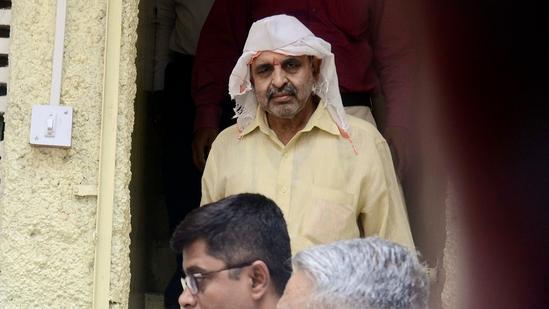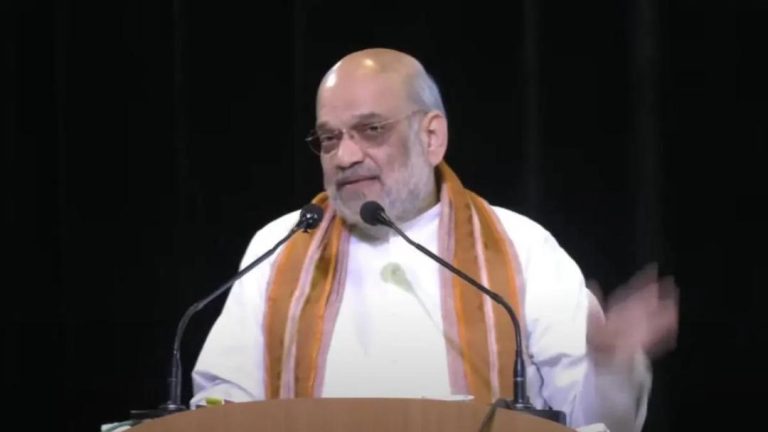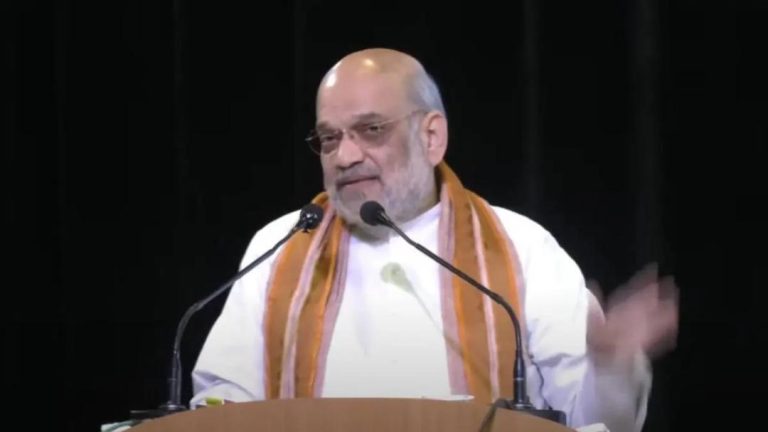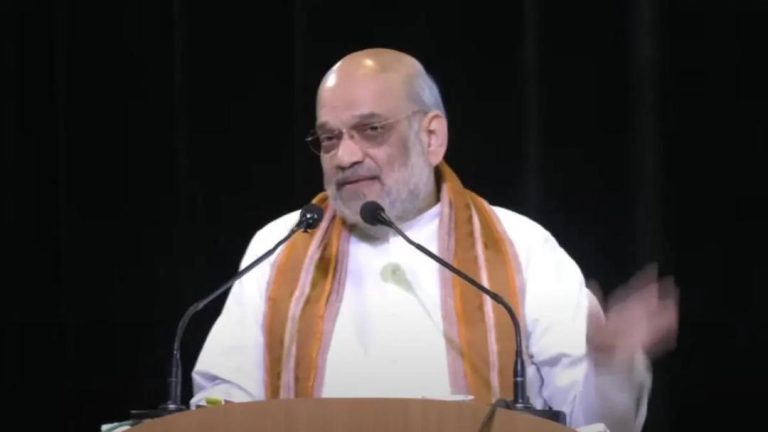
Ekbote Banned from Chhatrapati Sambhajinagar Amid Aurangzeb Grave Row
Recent developments in Chhatrapati Sambhajinagar have sparked controversy and unrest, with the Maharashtra government taking a stern stance against Hindutva leader Milind Ekbote and his supporters. As tensions escalate, the authorities have imposed a ban on Ekbote and his followers from entering the city from March 16 to April 5. This move comes amid growing demands to remove the grave of Mughal Emperor Aurangzeb in Khuldabad, a historic site considered sacred by many in the region.
The order was issued by the local administration, citing intelligence inputs that suggested Ekbote and his supporters might attempt to desecrate or remove the tomb. This development has led to widespread speculation about the motives behind the ban and the potential consequences it may have on the ongoing controversy.
Background of the issue
For those who may not be aware, Aurangzeb, the last Mughal Emperor, died in 1707 and was buried in Khuldabad, a town near Aurangabad, Maharashtra. The grave has been a subject of controversy in recent years, with some sections of society calling for its removal, citing Aurangzeb’s alleged atrocities against Hindus during his reign. The demands have gained momentum, with many groups and individuals, including Hindutva leader Milind Ekbote, calling for the desecration or removal of the grave.
Ekbote’s role in the controversy
Milind Ekbote, a prominent Hindutva leader, has been at the forefront of the movement to remove Aurangzeb’s grave. He has been vocal about his demands, claiming that the grave is a symbol of Aurangzeb’s atrocities against Hindus and that its removal will be a step towards reclaiming India’s cultural heritage. Ekbote’s supporters have been holding protests and rallies in the region, calling for the removal of the grave and the construction of a Hindu temple in its place.
VHP and Bajrang Dal’s involvement
The Vishva Hindu Parishad (VHP) and Bajrang Dal, two prominent Hindu nationalist organizations, have also jumped into the fray, announcing plans to hold agitations from March 17. The VHP has been a key player in the movement to remove the grave, with its leaders claiming that the tomb is a “symbol of Islamic invasions” and that its removal will be a step towards reclaiming India’s cultural heritage.
Government’s response
The Maharashtra government has taken a firm stance against Ekbote and his supporters, imposing the ban on the Hindutva leader and his followers from entering Chhatrapati Sambhajinagar. The government has also assured the public that it will take all necessary measures to ensure the safety and security of the grave, as well as the people of the region.
“The government is committed to maintaining peace and order in the region,” said a senior government official. “We will not allow any attempts to desecrate or remove the grave, and we will take all necessary measures to prevent any such incidents.”
Reactions to the ban
Ekbote and his supporters have reacted strongly to the ban, claiming that it is an attempt to muzzle their voices and stifle their right to protest. “This is a clear case of political vendetta,” said Ekbote. “We will not be intimidated by the government’s actions, and we will continue to demand the removal of the grave.”
The ban has also drawn criticism from some sections of society, who claim that it is an attack on freedom of speech and expression. “The government is trying to suppress the voices of those who are demanding justice and equality,” said a local resident. “This ban is a blow to democracy and freedom of speech.”
Conclusion
The ban on Ekbote and his supporters is a significant development in the ongoing controversy surrounding Aurangzeb’s grave. The issue has sparked widespread debate and discussion, with many calling for the removal of the grave and others defending its existence.
As the situation continues to unfold, it remains to be seen how the government will respond to the demands of Ekbote and his supporters. Will they be able to overcome the ban and continue their protests, or will the government’s measures succeed in maintaining peace and order in the region? Only time will tell.





